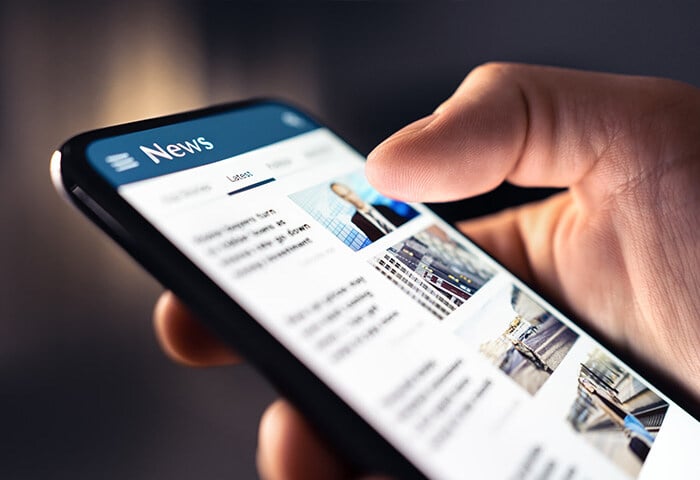Not another Facebook leak!
Though this most recent Facebook leak was just announced on April 3, 2021, it actually happened in 2019. But Facebook didn’t report it at the time, instead opting to close the vulnerability that allowed the breach to occur. Though the leak itself is old, the data is now widely available for hackers and other cybercriminals to use for purposes of identity theft and fraud.
What personal data has been leaked?
The Facebook breach leaked phone numbers, full names, Facebook IDs, locations, birthdays, and other biographical information. In some cases, email addresses for over half a billion Facebook users across the globe have been exposed.
That’s a lot of personal data to have out there in the open without your knowledge or consent. With a matching email address and phone number, a hacker can potentially spoof your phone number and trigger a two-factor authentication (2FA) login process to gain control over your email address.
Are you part of the leak? Here’s how to check
Checking if your account is part of this breach is easy:
-
Head to Have I Been Pwned to check if your phone number is part of the leak.
-
If your phone number appears in the leak results, then you’ve been compromised as part of the recent Facebook breach.
-
You can also use Avast's Hack Check tool to monitor your email address for leaks.
Anything else I should do?
After a hack of this magnitude, it’s always a good idea to change your email and Facebook password, just to be safe. Set a long and unique password that you aren’t using anywhere else.
Additionally, here are some other actions you can take now to further secure your email account, Facebook account, and other accounts:
-
Use a 2FA app for your email, Facebook account, and other accounts that allow it. This will mitigate the risk from a hacker having your email address and phone number. Here’s how to set up app-based 2FA on Google and Facebook.
-
Related to the above tip, remove phone-based 2FA after setting up your 2FA app.
-
If you believe yourself to be a high-value hacking target, consider changing your phone number.
-
Familiarize yourself with the most common Facebook scams.
-
Safeguard your data and your private conversations with friends and family by using a private and secure messaging app.
-
It’s also worth examining some of the questions related to whether Facebook listens in on private conversations.
Protect yourself against the consequences of data breaches with AVG BreachGuard. You’ll know immediately if your data is compromised in a leak, and we’ll provide you with expert privacy and security guidance to ensure that you take the right actions in the wake of a leak to keep your data safe.















